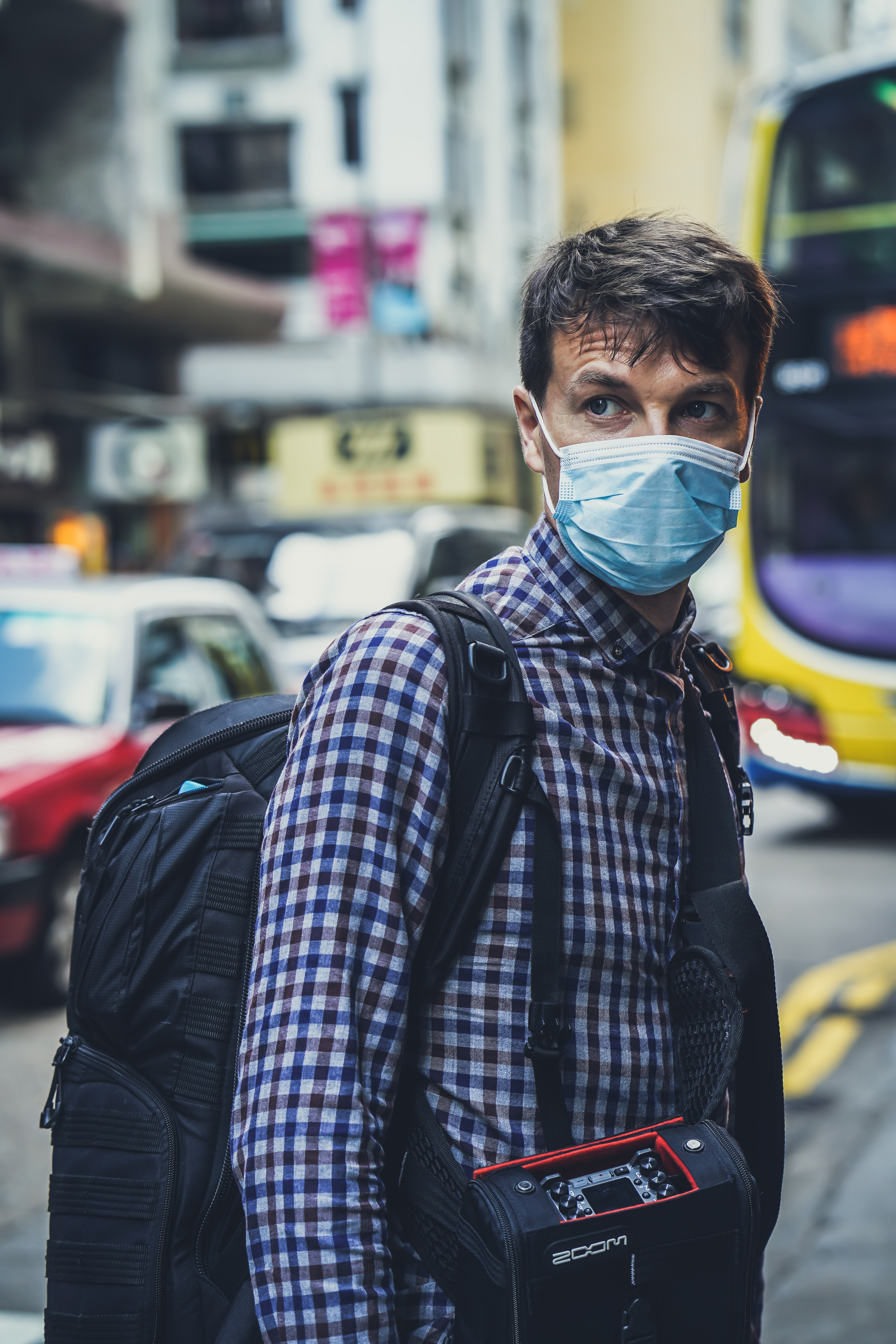Companies bring to market anti-COVID products, each claiming to have a solution for the widespread virus.
The coronavirus, as most know, has led to consumer stockpiling of many well-known and well-used products, such as hand sanitizer, grocery staples, and, of course, toilet paper. In fact, COVID-19 has totally transformed the trip to the supermarket and has even led the ever-popular two-day shipping site, Amazon, to be out of stock.
Remote services, such as web-based healthy living programs, web-conferencing sites, and educational institutions accommodating online students have all done well amid social distancing, as have popular meal delivery sites such as Uber Eats, GrubHub, and DoorDash These companies certainly didn’t have to change their business plans to accommodate the pandemic.
Private inventors have also come up with admirable new solutions. For example, showing genuine concern with hospital handle touching, Wyn Griffiths decided to design a hands-free pull, which will open doors without direct contact. He has freely distributed the product’s design on the web with the hope that anyone with a 3D printer will build it.

 Claudio Schwarz | @purzlbaum on Unsplash
Claudio Schwarz | @purzlbaum on UnsplashHowever, there will always be the companies who take it upon themselves to capitalize on scarcity and fear by developing a wide array of ‘anti-COVID-19’ products. Air purifiers, robots, and imaging options are popping up everywhere, being marketed as ‘essential’ to combating COVID-19 – whether they truly are or not.
For instance, robots meant to act as neutral messengers between those infected and those who are not have already been rolled out. Philadelphia-based Promobot recently deployed one of its inventions in Times Square. The robot, which has also been seen in New York City’s Bryant Park, was designed to quiz people to see if they have symptoms of the coronavirus. However, since interaction required pressing buttons on a tablet and this could heighten the spread of COVID-19, the bot has since been removed.
Back in 2003, the Federal Trade Commission (FTC) and the Food and Drug Administration (FDA) warned consumers about websites selling personal air purifiers claiming to prevent the spread of SARS, and it looks like the coronavirus has induced a bout of déjà vu. The air purifier manufacturer Airpura has decided to begin advertising one of its devices as having the ability to “remove the coronavirus from your airstream.” If only it were that easy.
One of the founders of the air purifier company Molekule, Dr. Yogi Goswami, also recently said, “I am very confident that this technology will destroy coronavirus. Although we have not tested it on that virus itself, we have tested it on viruses of that type.” Molekule’s purifier, selling for the small price of $800, has been flagged by advertising watchdogs for “making unsubstantiated claims.”
Thermal imaging companies have jumped on the anti-COVID-19 bandwagon, moving quickly to integrate or advertise their existing thermal imaging capabilities as a way to scan a person without direct contact to determine whether they have a fever. ThirdEye’s augmented reality glasses “can be fitted with thermal imaging to make this process more seamless,” the company said, and it has evidently received 2,000 orders related to the coronavirus outbreak, many of which will be sent to Hong Kong International Airport.
“They’re moving thousands of people every day, and our glasses provide a hands-free use case for them where previously they were using this really expensive medical machine that provided an accurate thermal scan,” ThirdEye’s chief executive Nick Cherukuri said. “Our glasses provide both telehealth presence as well as thermal scanning.”
While there may be some credibility to what these companies are selling, it remains hard to tell who is worried about containing COVID-19 and who is simply trying to capitalize on it. As the crisis continues, more newly instituted products and services are bound to surface.
Sources:
Coronavirus: The new inventions inspired by a pandemic
The most ridiculous ways companies are trying to profit from the coronavirus outbreak


Join the conversation!